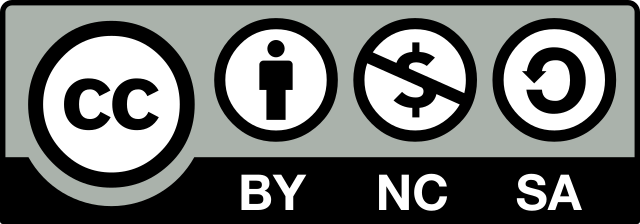Article Type
Original Study
Abstract
Objective The aim of this study was to evaluate the changes in the brain of albino rats treated with profenofos and the possible protective effect of vitamins C and E against the acute effect of profenofos. Background During the last decades the use of pesticides has increased steadily in developing countries in an effort to increase food production and control vector-borne diseases in plants. Organophosphorus (OP) compounds are widely used in agriculture as insecticides. OP poisoning is common due to its wide availability. Profenofos is a widely used insecticide and has been classified as moderately hazardous. OP pesticides are known to inhibit cholinesterase activity in target tissues. Oxidative stress is one of the possible mechanisms that could be involved in OP toxicity. Patients and methods Eighty adult male albino rats were divided randomly into four main groups: the control group (I), the profenofos toxicity group (group II), the profenofos + antidote-treated group (group III), and the profenofos + antidote + antioxidant-treated group (group IV). Each treated group was divided equally into two subgroups. Ten rats from each subgroup were killed after 24 h to demonstrate the toxicity. The other 10 rats were killed after 7 days to demonstrate the recovery. Brain samples were obtained for biochemical, histopathological, and immunohistochemical studies. Results Acute exposure to profenofos causes biochemical and histopathological changes in brain tissue. These changes were minimized with atropine and oxime treatment. However, this recovery was more prominent in the group administered vitamins C and E. Conclusion Treatment with vitamins C and E exerts an antioxidative effect and this may be responsible for the amelioration of profenofos-provoked toxicity.
Recommended Citation
El-Seidy, Amira M.; Amine, Safaa A.; Badawy, Samy M.; Hammad, Samy A.; and Abdou Slima, Shireen R.
(2017)
"Biochemical and histopathological changes in the brain of albino rats treated with profenofos and the possible protective effect of vitamins C and E,"
Menoufia Medical Journal: Vol. 30:
Iss.
1, Article 46.
DOI: https://doi.org/10.4103/mmj.mmj_476_16

 Attribution-NonCommercial-ShareAlike 4.0 International (CC BY-NC-SA 4.0)
Attribution-NonCommercial-ShareAlike 4.0 International (CC BY-NC-SA 4.0)



